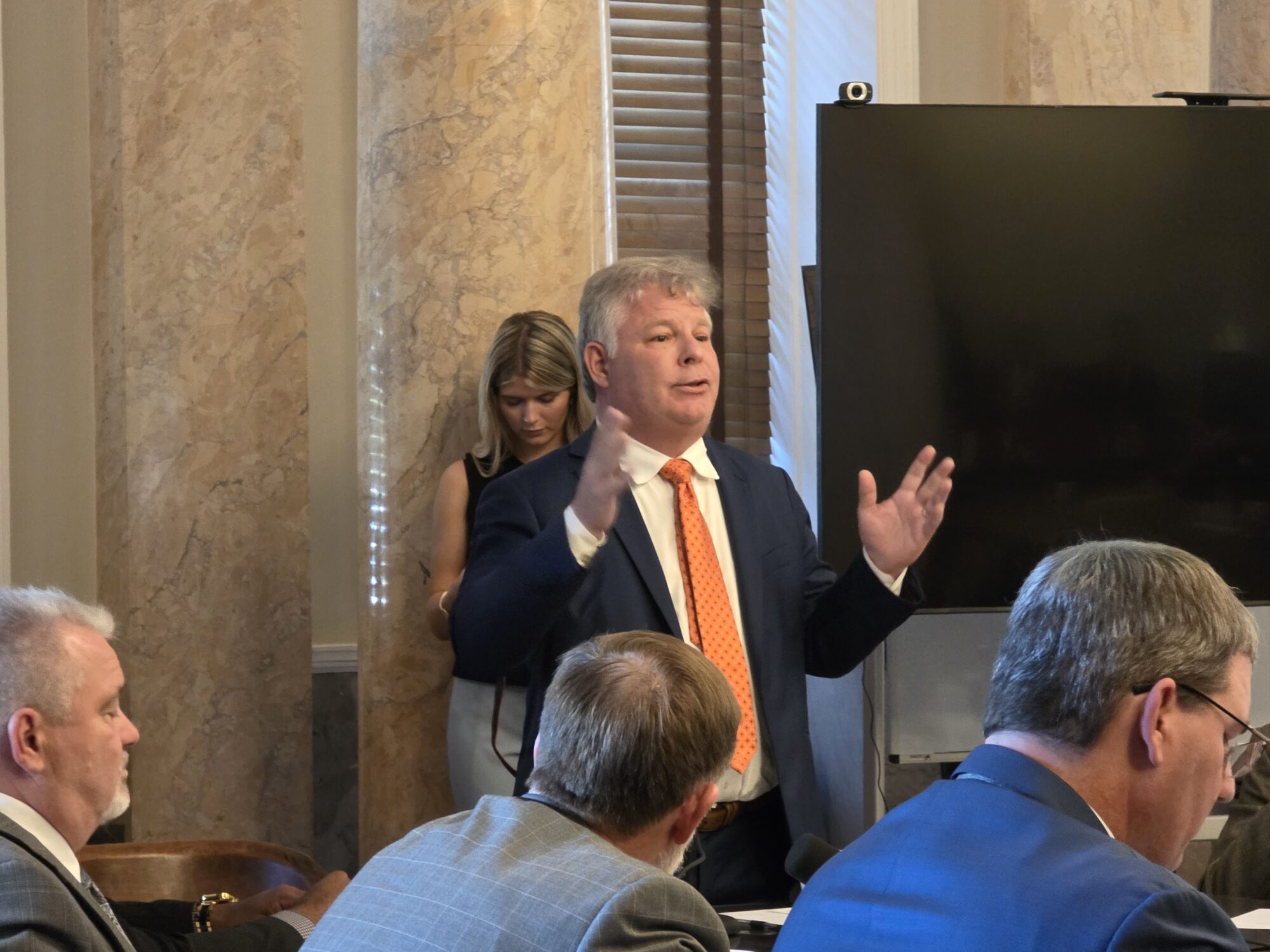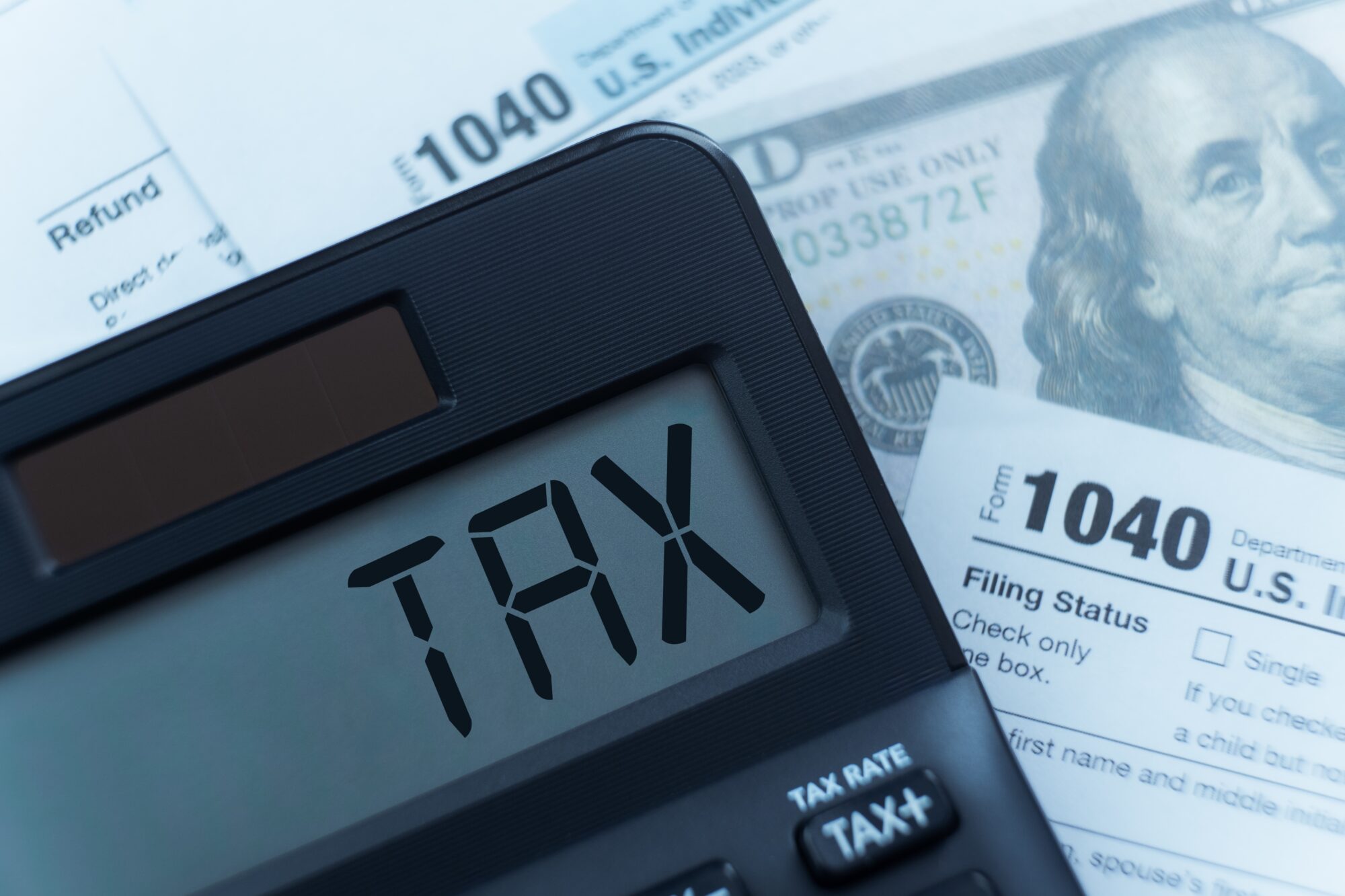BRIAN PERRY/Reform campaign finance
While there is no legal enforcement or audit ability on deficient campaign finance disclosures (other than not filing them entirely), the “ethical questions” of the AG Opinion does raise the specter that use of campaign funds for personal use may need to be disclosed in another required state document.
Mississippi ethics laws require candidates and elected officials to file a Statement of Economic Interest annually that discloses their income sources to ensure no conflicts of interest. They must report “income” from any business exceeding $2,500 a year and failure to do so is a misdemeanor and potential $10,000 fine per violation. The state ethics law defines income as “money or thing of value received, or to be received, from any source, including, but not limited to, any salary, wage, advance, payment, dividend, interest, rent, forgiveness of debt, fee, royalty or any combination thereof.”
So if a candidate uses campaign funds for personal uses, and even if they pay income taxes, it would appear they should disclose that income on their Statement of Economic Interest. If they do pay income tax on it, that would appear to prove it is necessary to disclose it as an income source — if it reaches $2,500 in a year.
The hitch is whether a campaign committee is a “business” as defined by the ethics law which includes associations, organizations and legal entities. I believe if a campaign has the federal tax identification number usually required to open an account at a bank to receive and spend funds; if a campaign can be sued; if a campaign pays employment taxes, then it would be a legal entity. But for the disclosure I’m discussing, the law may need to be changed to explicitly include campaign committees.
Madison County Journal
4/27/16







